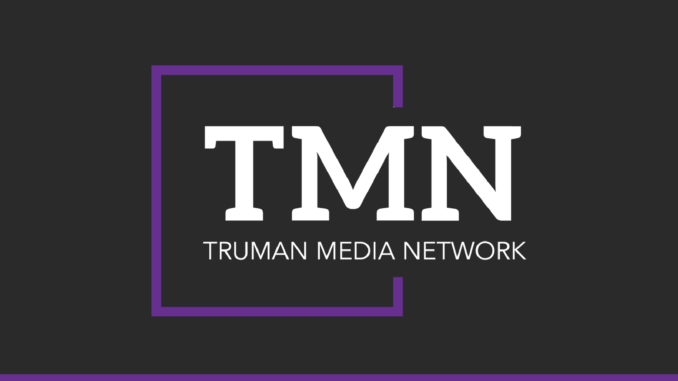
For those of you who were unable to attend the March 23 lecture by Richard Wolff, I wish I could turn back time and give you all the opportunity to do so. Wolff presented a criticism of capitalism in the event “Curing Capitalism Through Democracy: a Radical Analysis of the Global Economic Crisis.” This was the third presentation of the four-part Global Issues Colloquium series for this semester. While I am in the Global Issues Colloquium class, which is overseen by history professor Marc Becker, I have always been a huge fan of the GIC. The GIC that got me hooked on the program was the first one I ever attended, during my sophomore year when philosophy professor Mark Appold’s students, who attended the study abroad trip in the Middle East, presented their research and experience abroad and over the Palestinian-Israeli conflict. I must say that I now have a new favorite GIC experience, and that is with Wolff.
Wolff was extremely credible with his “pedigrees” from Harvard, Yale and Stanford, and his approach to covering the issues of capitalism was accessible and easy to understand. As a student of sociology and a self-proclaimed Marxist, I can admit to the sometimes difficult language and interpretation of Marx’s conversations. I admired Wolff’s ability to communicate these large topics so effectively. One statement Wolff made was that throughout all his education as an economist, he was never required to read anything of Karl Marx. I found this to be so strange, but not unbelievable. As a student of sociology here at Truman State University, I was required to learn about Marx in my coursework. We briefly learned about Marx as one of the “fathers of sociology” in my intro class to the major, but it wasn’t until I took Sociological Theory my junior year that I was required to read excerpts from more of his works, including “The Communist Manifesto” and “Capital.” I am so thankful I had the opportunity to discuss Marx in a scholarly environment. Though I had great interest in Marx previous to this experience, I still had the opportunity to continue learning about his work and hear criticisms of it from my peers and professors.
Whether you are a lefitst, rightist, marxist, communist, liberal, democrat, libertarian, conservative or have a different political orientation, studying and understanding different schools of thought is incredibly valuable to your education. After Wolff’s talk, students, community members and faculty spent an additional hour and a half discussing the talk, asking questions and explaining their own ideologies and perspectives of the many topics Wolff discussed. I spent a half hour in a conversation with students from across the political spectrum, accompanied by economics professor David Gillette, where we debated and discussed social mobility, social class and capitalism as a whole. Though sometimes we strongly disagreed with each other, the conversation was incredibly rewarding. I am thankful for Wolff’s time and the conversations it led to. He gave us a foundation, a jumping off point, to have better dialogue with one another.
As a senior, I am in a very reflective and contemplative state regarding my last four years here. I realize how much I’ve grown and how much room I’ve been given to do so. The morning after Wolff’s speech I had the opportunity, along with a number of other students, to have breakfast with him and continue the conversations from the night before. At one point during this breakfast, Wolff asked us about our political organizing and activism in the community, and inquired about the politics of our administration. I then thought back on the experiences of so many other organizers I am connected with across the nation, and how combative, aggressive and obstinate the administrations of those universities are when students attempt to organize on campus. I am thankful for the space I have been able to be a part of and make changes in here at Truman. I am thankful for the opportunities we are given, such as those that Appold’s students, all that attended Wolff’s talk, and those who are allowed the space to pursue their interests, passions and goals here at Truman are given.
What I want to leave you with today is two challenges. One — attend an event or lecture, take a class or join an organization regarding something wildly different from what you believe. Do not be there to argue, but be there to listen and to attempt to understand another perspective. Two — take your passions and your goals and create a space in which you can better reach those goals, and in which other people can come in and share in that with you. This is the time in our lives where we have the freedoms and opportunities to do these things. So please, try and expand your horizons while it is still accessible, convenient and uplifting.
